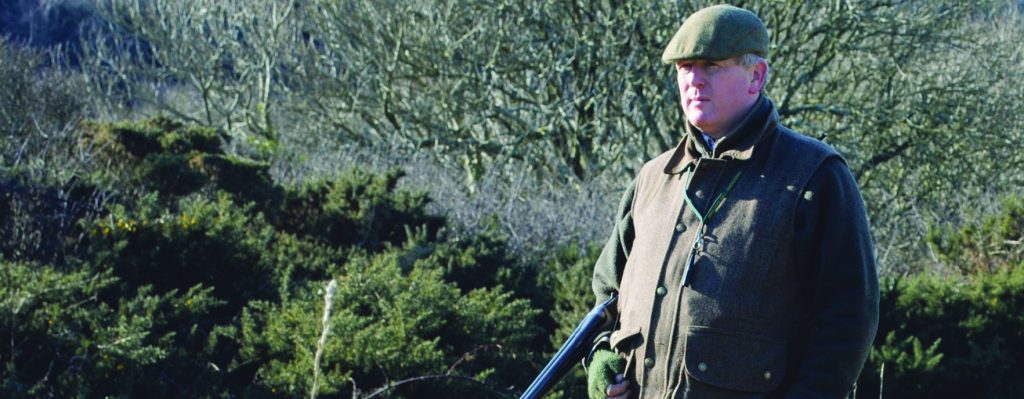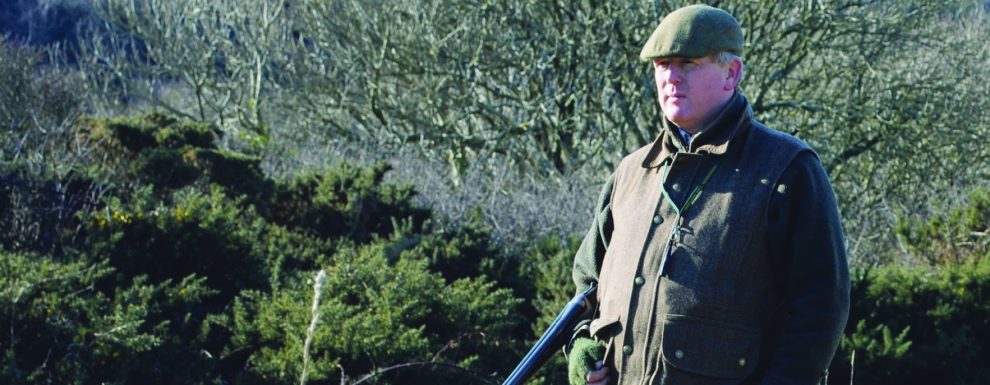
Commission ‘brushed concerns
under carpet’
THE FARMERS’ Union of Wales has welcomed Royal Society for the Prevention of Cruelty to Animals (RSPCA) chief executive Jeremy Cooper’s apology for the charity’s adversarial and highly politicised campaigns – but says many questions remain regarding the organisation’s conduct and that of the Charity Commission, which is responsible for monitoring charities.
Mr Cooper told The Telegraph: “Of course we have made mistakes in the past, and we are very sorry about that. We have to be honest and admit the mistakes and acknowledge them.”
The apology comes after years of criticism and negative publicity led to a parliamentary inquiry and an independent report recommending sweeping changes to the charity’s involvement with prosecutions.
Responding to the apology, FUW Deputy President Brian Thomas said: “For more than a decade the FUW repeatedly raised concerns about the conduct of the RSPCA in relation to its overtly political campaigns, and pursued a number of complaints with the Advertising Standards Authority and the Charity Commission, amongst others.”
Mr Thomas said that while the ASA had upheld complaints against the RSPCA by the FUW, the Charity Commission had, over a prolonged period, appeared to take a passive approach to the charity: “In response to serious complaints against the RSPCA the Charity Commission was generally dismissive and at times appeared to try and brush concerns under the carpet.
“Their passive approach to the RSPCA effectively gave the charity a green light to become more militant and more political, and we would argue that Mr Cooper’s public apology is at least in part a direct consequence of this failure by the Charity Commission,” added Mr Thomas.
In 2012, the then Chief Executive of the RSPCA, Gavin Grant, described the charity as ‘the oldest law enforcement agency still in existence in this country’, and threatened to campaign to ‘stop consumers drinking milk’, if supermarkets were unable to differentiate between ‘badger friendly milk’ and milk from English badger cull areas.
Similar, more ominous threats were made during a 2012 BBC Panorama documentary on the English badger cull, during which Mr Grant said that: “The spotlight of attention will be turned on those marksmen [employed to cull badgers] and on those who give permission for this cull to take place. They will be named and we will decide as citizens of this country whether they will be shamed.”
In 2012, the FUW wrote to the President of the Association of Chief Police Officers expressing major concerns that ten police forces in the UK, including the North Wales and South Wales Forces, had agreements with the RSPCA which allowed the charity to access confidential and sensitive information about individuals contained in police records.
Concerns have also been expressed after the RSPCA tried to claim thousands of pounds for stabling and caring for horses which had been put down by the charity.
“A sinister shadow has been cast over the honourable roots of the RSPCA and the important work done by its employees.
“The only way in which to redeem its reputation is through full transparency, and a full investigation of the role played by the Charity Commission in allowing the organisation to fall into such disrepute,” said Mr Thomas.
A statement from the RSPCA struck a slightly more bullish tone than Mr Cooper’s interview: ‘We can assure you the RSPCA remains as committed as ever to speaking out for vulnerable animals.
‘We make no apologies for our campaigning work which has resulted in the introduction and amendment of many laws to protect our pets, wildlife, farm animals and animals used in research, but we accept we got the tone wrong sometimes. Likewise, we make no apologies for prosecuting people in instances where there is clear evidence of animal cruelty.
‘Following an independent review of our prosecution activity and in line with one of the recommendations of that review, RSPCA trustees agreed to change its policy and to pass suitable cases involving traditional hunts and suitable farm cases to the police for investigation enabling the Crown Prosecution Service to prosecute if appropriate. However, we reserve the right to proceed with such investigations, if the authorities fail to act.
‘We are pleased that the number of prosecutions have dropped over recent years, highlighting that welfare is improving and educational messages are more available. We hope this is a trend that will continue.
‘We do however apologise for the specific incidents where we have got it wrong. As a charity we have limited resources and we are dealing with huge numbers of calls. We apologise for past mistakes where an investigation wasn’t carried out to the standard we would hope, both for the animal involved and their owners. The RSPCA has and always will be committed to tackling cruelty to animals’.
The Chief Executive of the Countryside Alliance, Tim Bonner, said: “The Countryside Alliance welcomes the RSPCA’s commitment to focus on animal welfare, rather than pursuing an animal rights agenda.
“The Society’s decision not to pursue prosecutions against farmers and hunts is a sensible one, and provides further support for the argument that it should not prosecute criminal cases as a first resort at all.
“We believe that it would be better for the RSPCA and for animals if it concentrated on protecting welfare and investigating allegations of cruelty whilst allowing the police, CPS and other statutory bodies to make decisions about whether criminal charges should be brought.”


















Add Comment